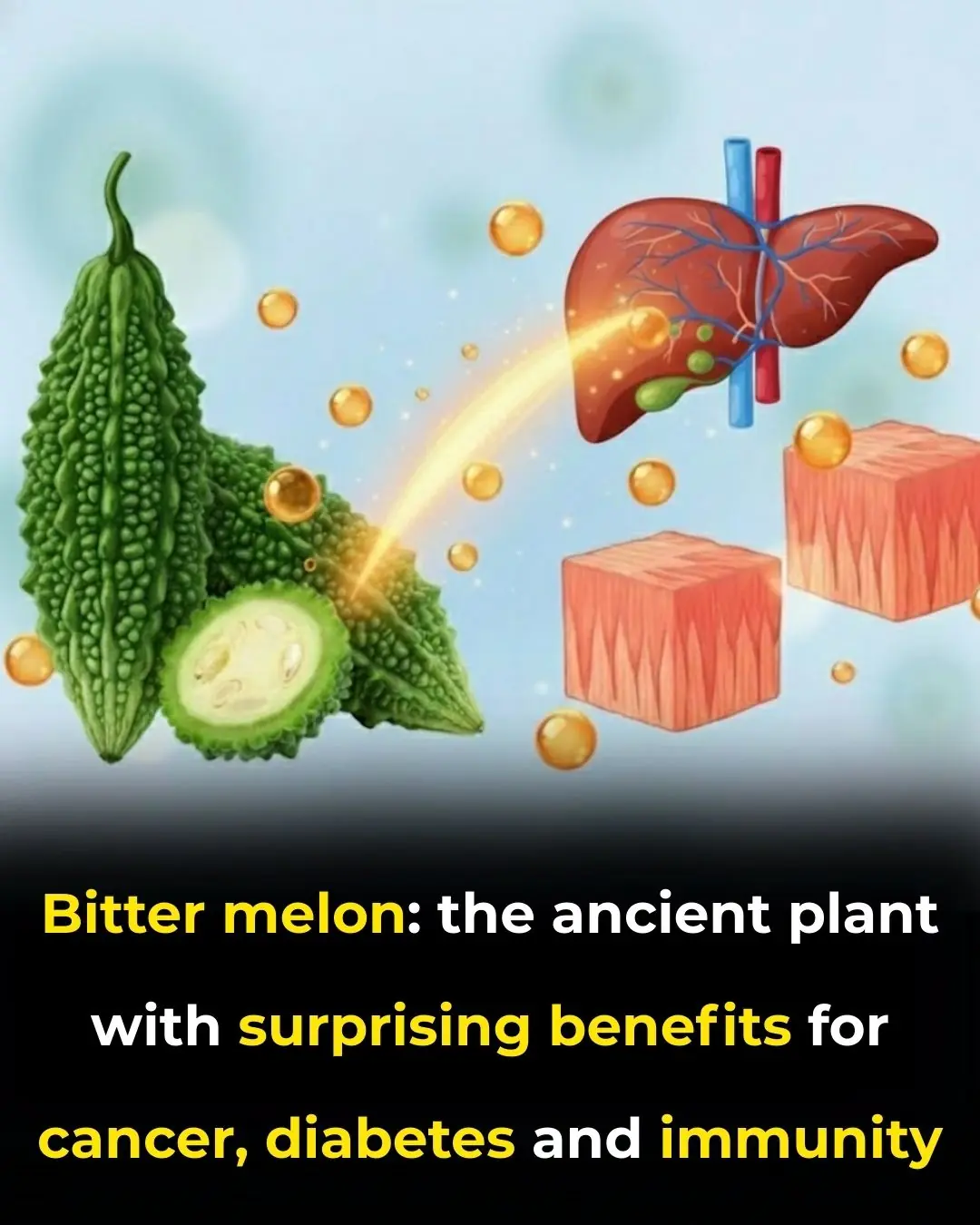
5 Deficiencies Almost Everyone Has (And Doesn’t Know About)
Although we live in a culture of abundance with access to a wide variety of foods, many people still struggle with nutritional deficiencies. Two of the most widespread issues are iron deficiency and vitamin D deficiency—conditions that may affect millions without their knowledge. Left untreated, these deficiencies can contribute to long-term health problems and significantly reduce quality of life.
This article explores the five most common vitamin and mineral deficiencies, explains how to recognize their symptoms, and outlines effective ways to address them. Many individuals are living with one or more of these deficiencies without ever realizing that their daily fatigue, mood changes, or physical discomfort may be rooted in inadequate nutrient intake.
1. Vitamin B12 Deficiency
Vitamin B12 (cobalamin) is a water-soluble vitamin essential for forming red blood cells and supporting healthy nerve function. According to Harvard Medical School, B12 deficiency can develop slowly and quietly, making it difficult to detect until it becomes serious. Research published in the American Journal of Clinical Nutrition notes that 1 in 5 adults has marginal B12 levels, placing them at risk.
How to Identify Vitamin B12 Deficiency
Common symptoms include:
-
Persistent fatigue or weakness
-
Tingling or numbness in hands or feet
-
Mood changes, such as depression or irritability
-
Difficulty concentrating
A simple blood test is the most reliable way to diagnose a deficiency.
How to Resolve Vitamin B12 Deficiency
Good dietary sources include:
-
Meat, poultry, fish
-
Eggs
-
Dairy products
-
Nori (for vegetarians)
Vegetarians and vegans often rely on:
-
Nutritional yeast
-
B12-fortified plant milks
-
Fortified cereals
If diet alone is insufficient, B12 supplements—or in more severe cases, B12 injections—may be needed. Early treatment can prevent nerve damage and restore energy levels.
2. Iron Deficiency
Iron is an essential mineral needed to support oxygen transport throughout the body. Iron deficiency is one of the most common nutritional problems worldwide.
How to Identify Iron Deficiency
Common signs include:
-
Constant tiredness or weakness
-
Pale skin or brittle nails
-
Frequent headaches
-
Cold hands and feet
Severe deficiency may lead to iron deficiency anemia, which can also be confirmed through blood tests such as ferritin levels and MCHC tests.
How to Treat Iron Deficiency
Consume iron-rich foods such as:
-
Meat, poultry, fish (heme iron—easier for the body to absorb)
-
Beans, lentils, tahini, leafy greens (non-heme iron—absorbed less efficiently)
To improve iron absorption:
-
Pair iron-rich foods with vitamin C (from oranges, bell peppers, tomatoes, etc.).
Example: Chicken breast with a glass of orange juice.
Avoid consuming calcium-rich foods or caffeine immediately before or after meals, as they can interfere with iron absorption. When dietary changes are not enough, iron supplements may be necessary under medical supervision.
3. Omega-3 Fatty Acid Deficiency
Omega-3s are a family of essential polyunsaturated fats that support brain, heart, and immune health. They include three main types:
-
EPA and DHA — found in fatty fish
-
ALA — found in plant sources like flaxseeds
EPA supports heart health and reduces inflammation, while DHA is crucial for brain and eye development.
Studies show that omega-3s help:
-
Reduce inflammation
-
Support cognitive function
-
Lower the risk of heart disease and stroke
-
Improve mood and reduce depression
-
Support healthy insulin levels
A 2013 review also found that high intake of EPA and DHA may lower the risk of breast cancer.
How to Identify Omega-3 Deficiency
A blood test is the most accurate way to assess omega-3 levels.
How to Prevent Omega-3 Deficiency
Most people increase their intake by using:
-
High-strength fish oil supplements
-
Krill oil supplements
You can also eat fatty fish such as salmon, sardines, or mackerel at least twice per week.
Vegetarians and vegans can rely on:
-
Flaxseeds or flax oil
-
Chia seeds
-
Walnuts
However, plant-based ALA does not convert efficiently to EPA and DHA, so algae-based DHA supplements may be beneficial.
4. Magnesium Deficiency
Magnesium plays a role in more than 300 biochemical processes in the body, making it vital for healthy muscle, nerve, and heart function. It also helps regulate blood sugar levels, which is particularly important for individuals with diabetes.
How to Identify Magnesium Deficiency
Signs may include:
-
Muscle cramps or spasms
-
Fatigue or weakness
-
Nausea
-
Tingling sensations
-
Constipation
Because symptoms can be subtle, magnesium deficiency often goes unnoticed for long periods.
How to Treat Magnesium Deficiency
Increase your intake of magnesium-rich foods such as:
-
Leafy greens (spinach, kale)
-
Nuts and seeds
-
Whole grains
-
Beans
Magnesium supplements are widely available in forms like powder, capsules, and tablets. Magnesium citrate is one of the most easily absorbed options. Maintaining healthy magnesium levels also supports better sleep, stress reduction, and overall well-being.
5. Vitamin D Deficiency
Vitamin D supports multiple systems in the body, including muscles, bones, the brain, and the immune system. It is essential for calcium absorption and maintaining bone density. Long-term deficiency may contribute to weakened bones, thyroid dysfunction, and a variety of chronic illnesses.
Vitamin D deficiency is extremely common, especially in regions with limited sunlight or among people who spend most of their time indoors. Sunscreen use, while important for skin protection, also reduces the skin’s ability to produce vitamin D naturally. Liver and kidney dysfunction can also impair vitamin D activation.
How to Identify Vitamin D Deficiency
A simple blood test can confirm vitamin D levels.
How to Treat Vitamin D Deficiency
After consulting your doctor, you may need to take vitamin D supplements. Many people benefit from daily or weekly supplements, particularly in winter months. Pairing vitamin D with magnesium can further support absorption and effectiveness.
Final Thoughts
Nutritional deficiencies are more common than many people realize, even among individuals who believe they are eating a balanced diet. By paying attention to subtle symptoms and getting regular blood tests, you can identify potential deficiencies early and take steps to correct them before they develop into serious health problems. A well-rounded diet, mindful supplementation, and a proactive approach to personal health can make a significant difference in long-term wellness.
If you have symptoms that concern you, always consult a healthcare professional for personalized diagnosis and treatment.
News in the same category


How to treat nerve pain in the foot, toes & legs
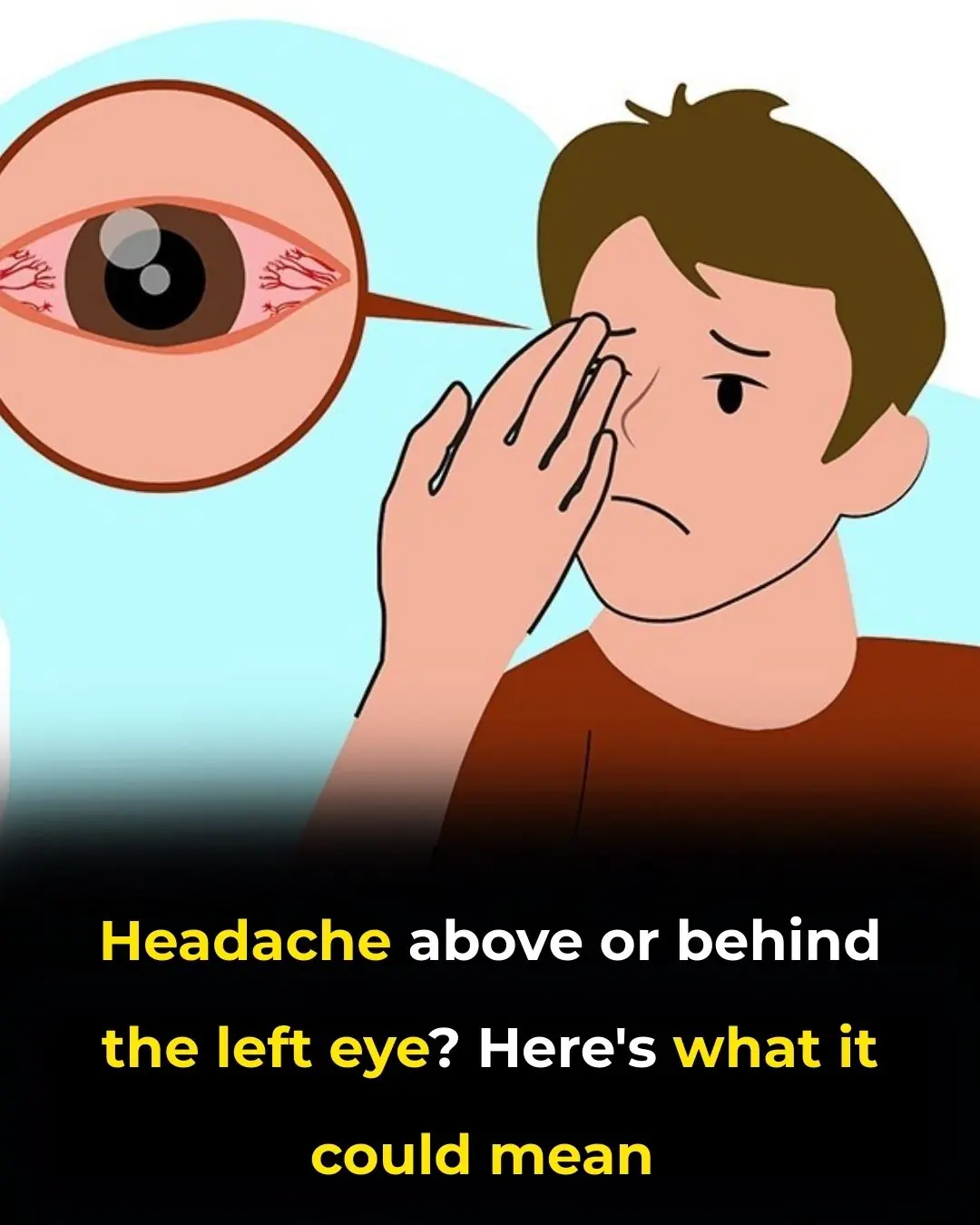
Headache Above or Behind the Left Eye: Causes and Treatments

Eggs and Coffee: A Surprisingly Powerful Breakfast Combination
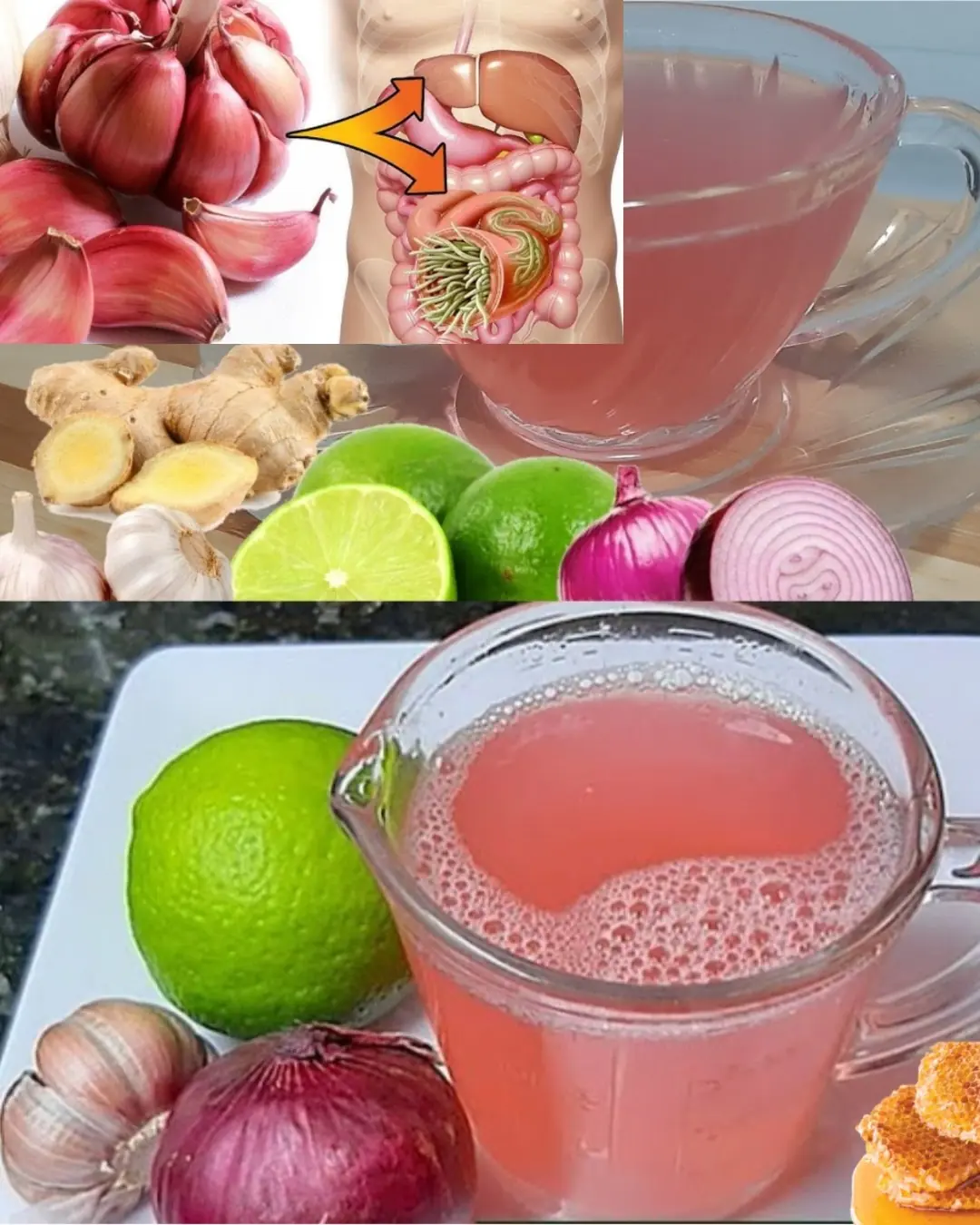
Boost Your Immune System Year-Round with Garlic, Onion, and Lemon
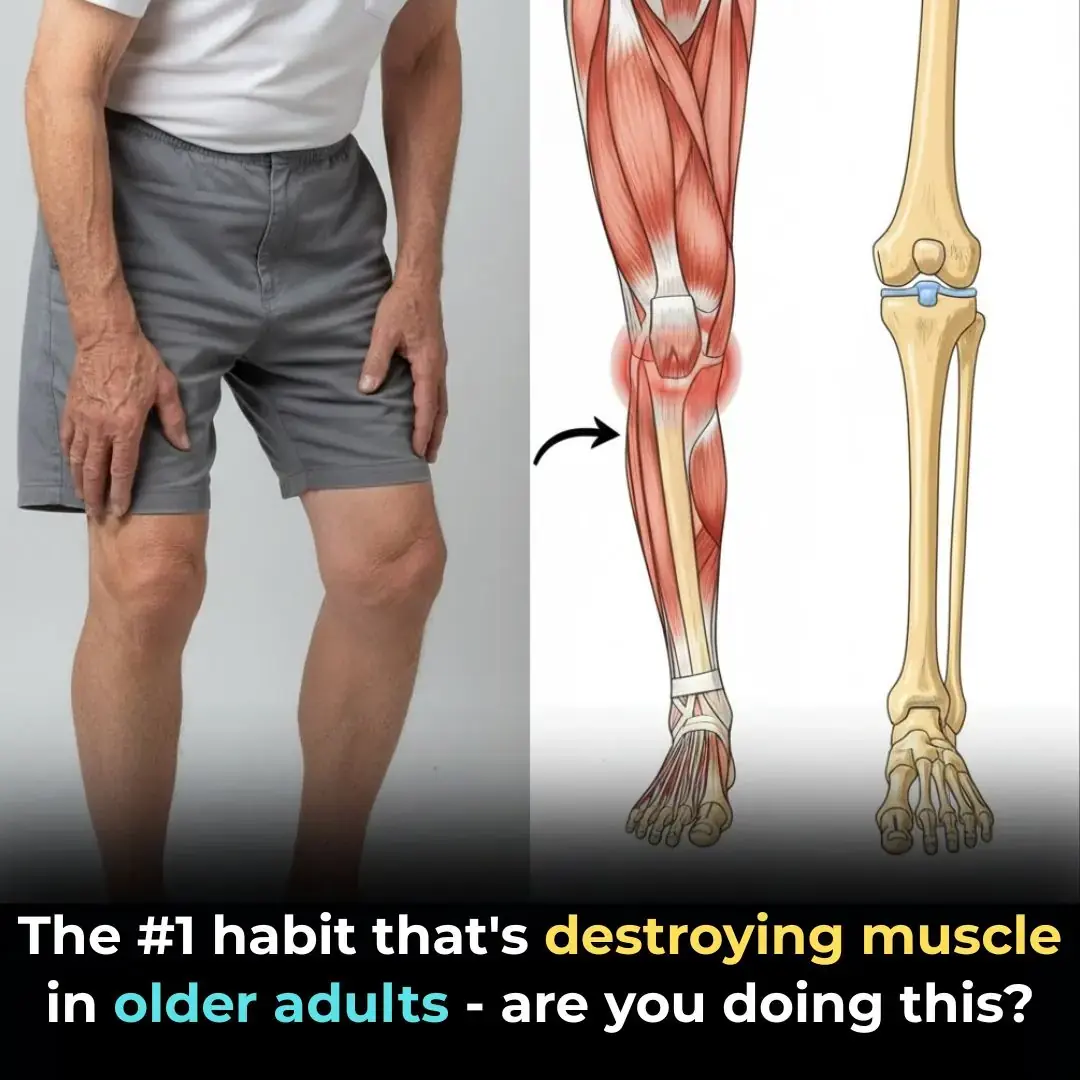
The #1 habit that’s destroying muscle in older adults—are you doing this?
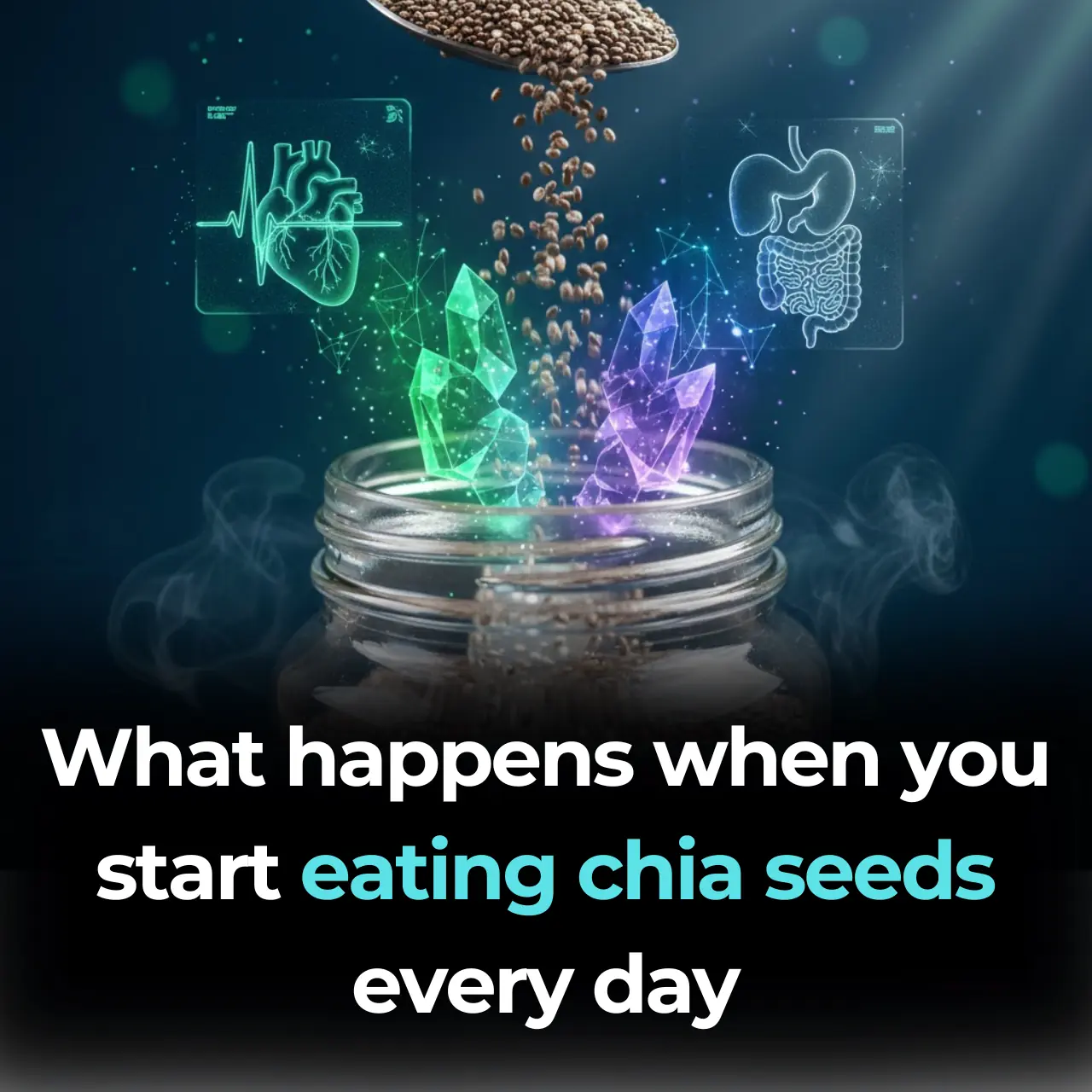
What happens when you start eating chia seeds every day

Why You Should Stop Using Petroleum Jelly On Your Skin (It’s a Byproduct of the Petroleum Manufacturing Process)
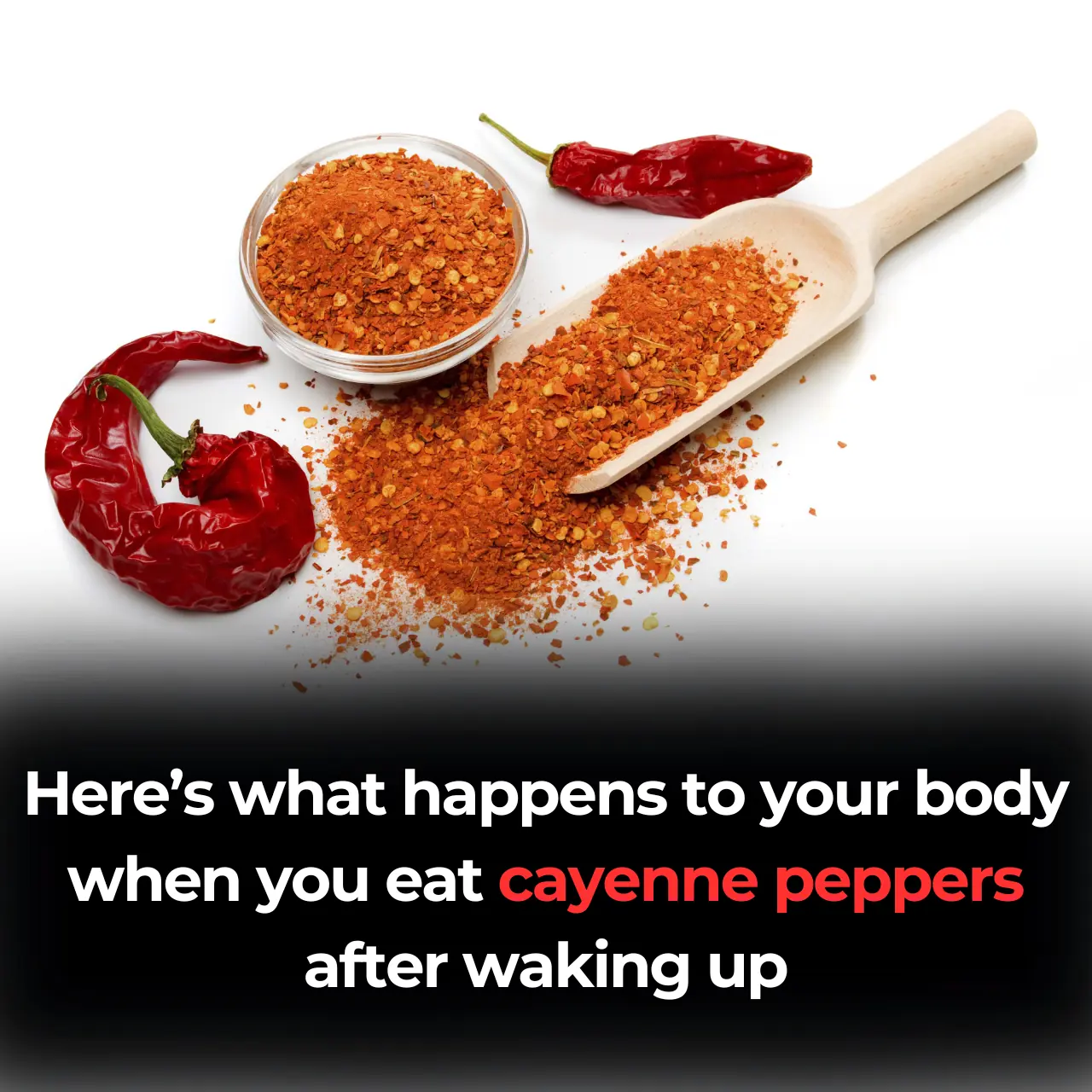
Scientifically Proven Health Benefits of Cayenne Pepper
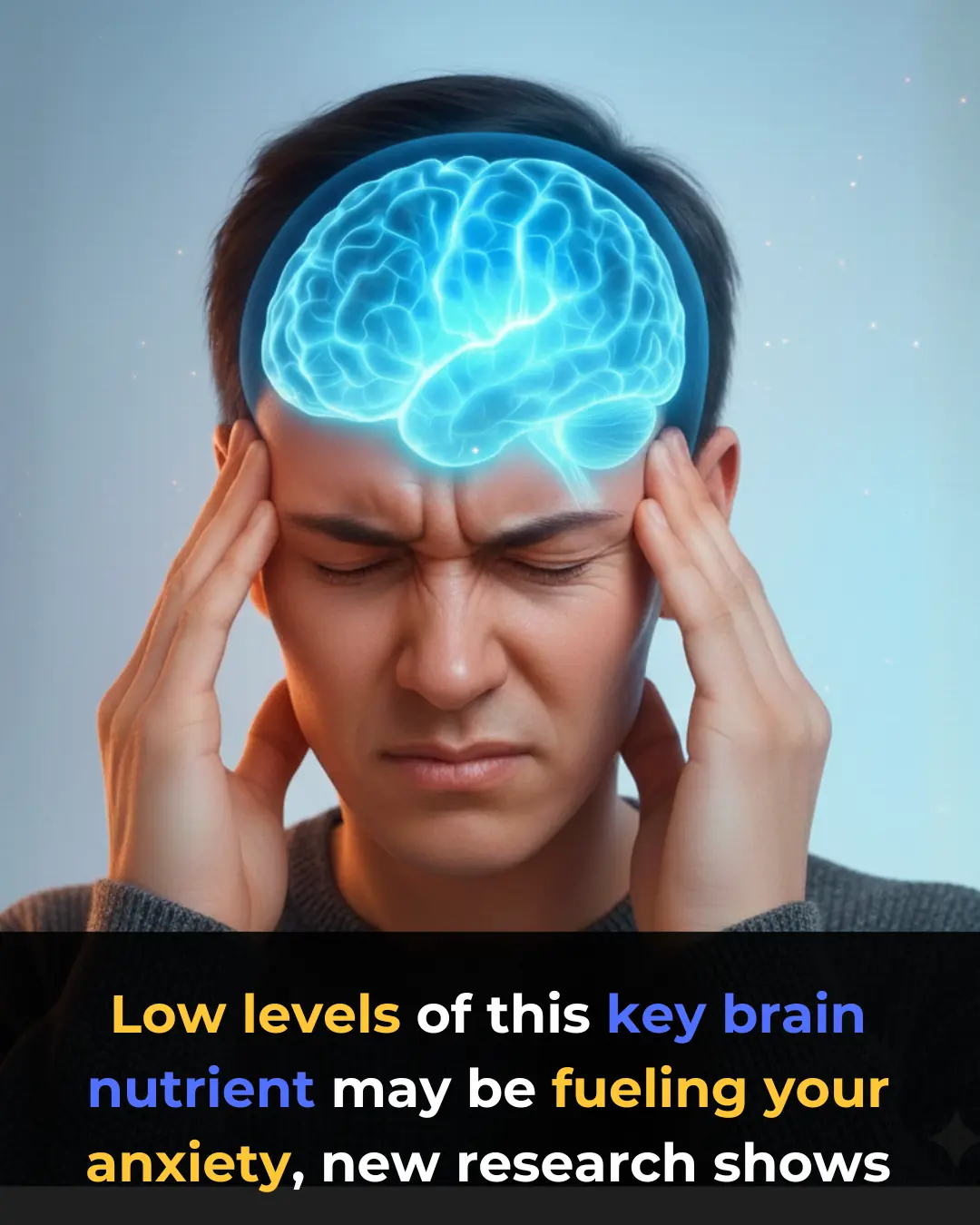
Low levels of this key brain nutrient may be fueling your anxiety

A Nurse Who Has Witnessed The Final Moments Of More Than 300 People Has Revealed What She Has Learned From Being By Their Side
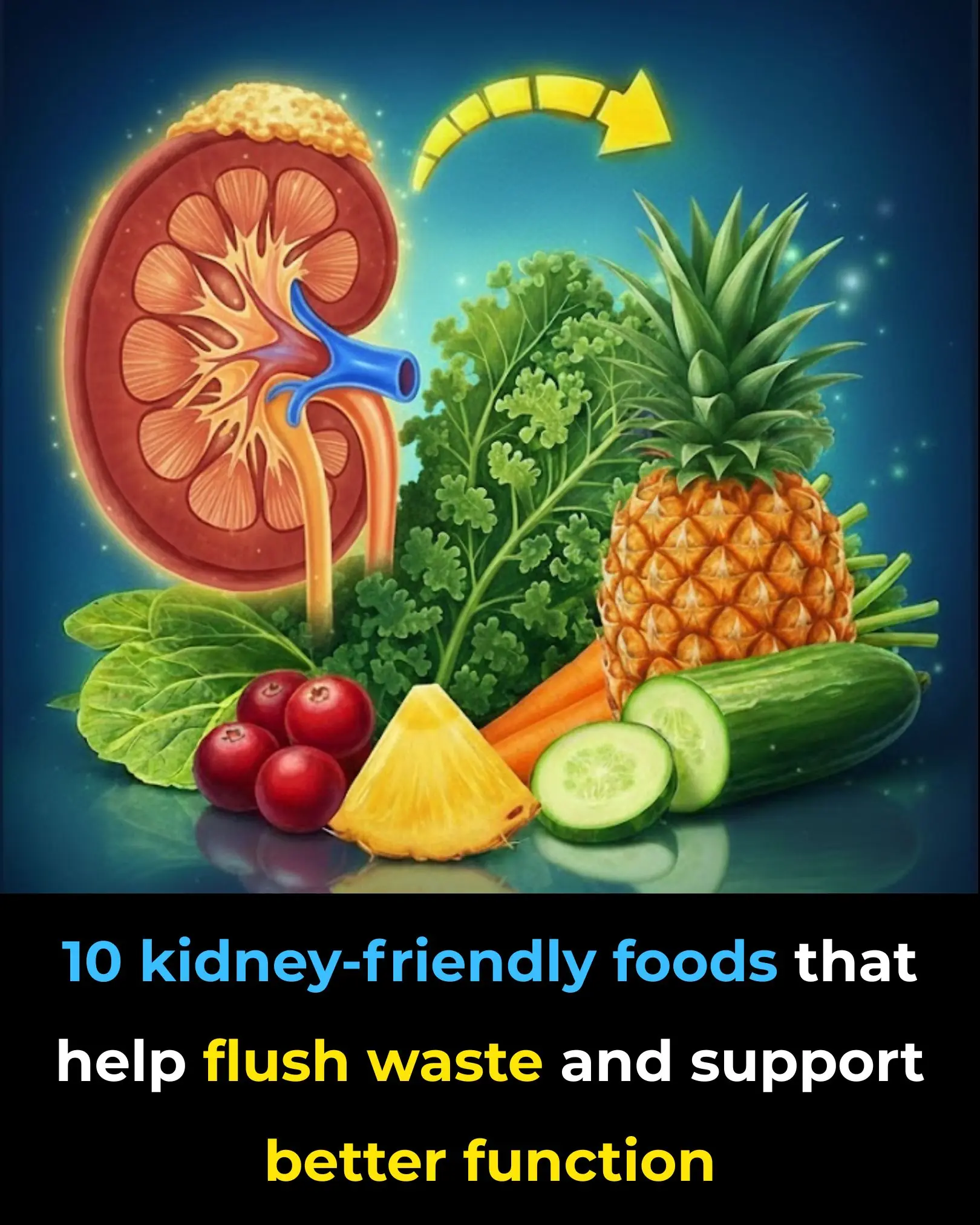
Absolutely BEST Foods to Detox Your Kidneys
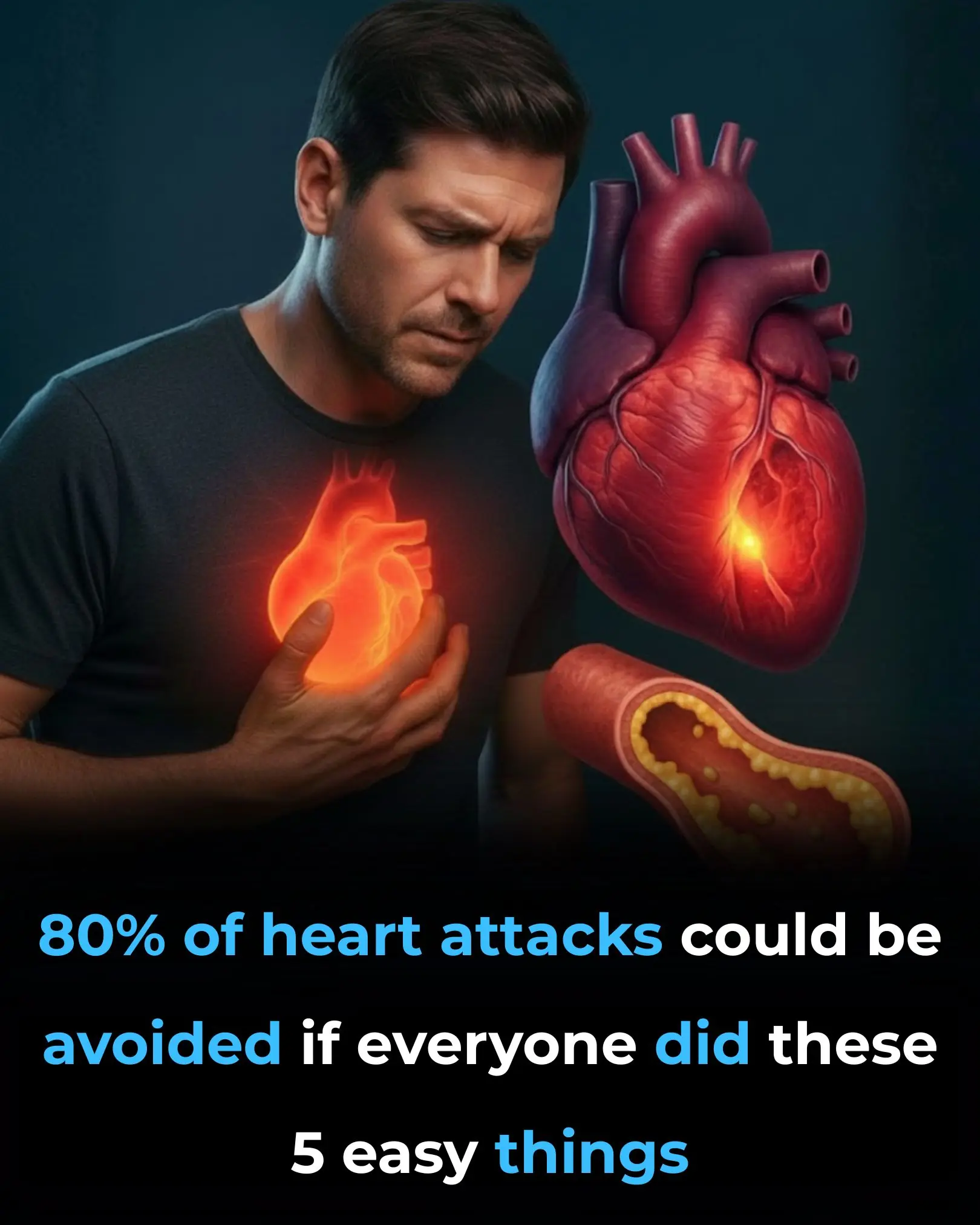
80% Of Heart Attacks Could Be Avoided If Everyone Did These 5 Easy Things
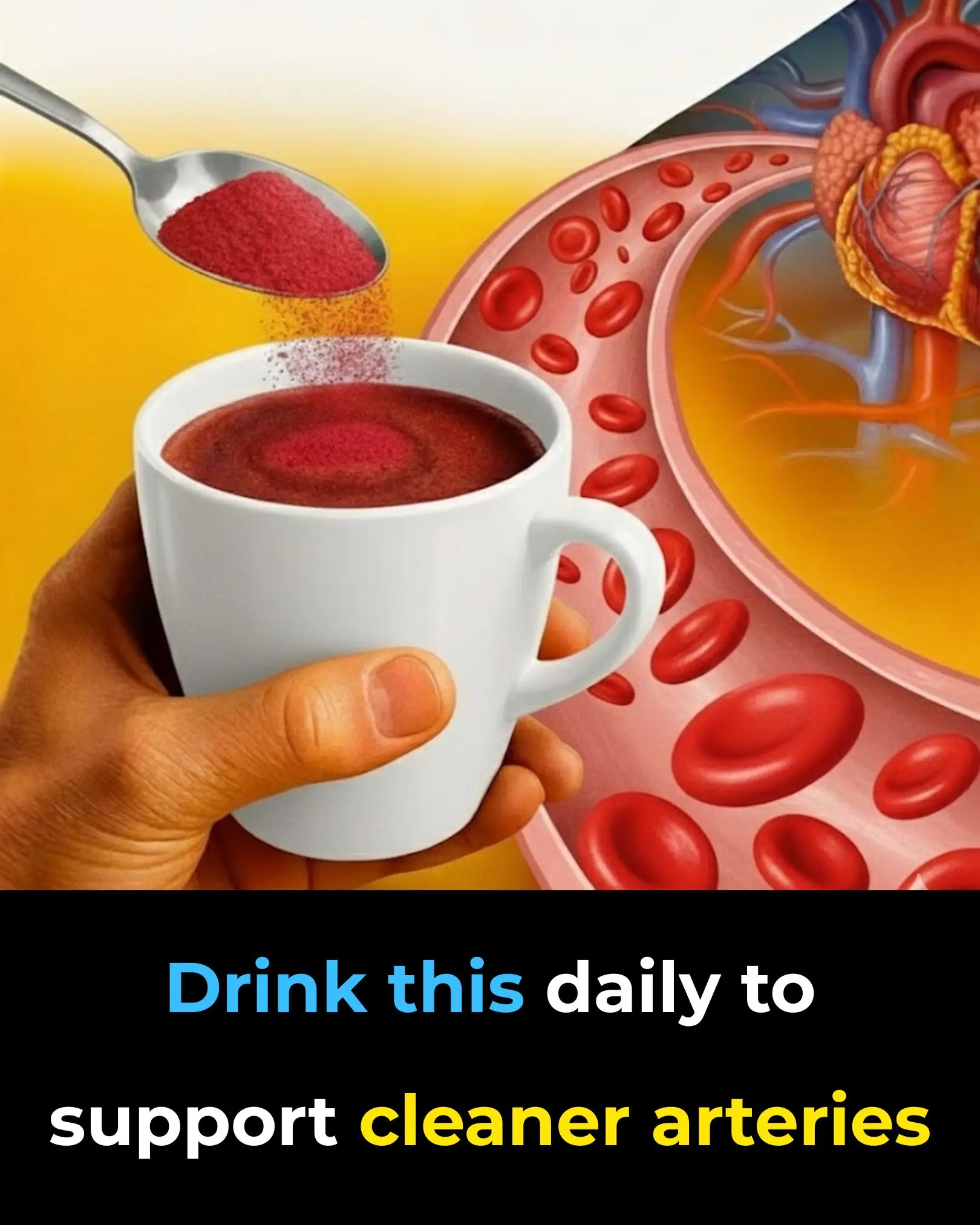
Drink this daily to support cleaner arteries

The Surprising Benefits of Foot Massages …More Than Just Relaxation
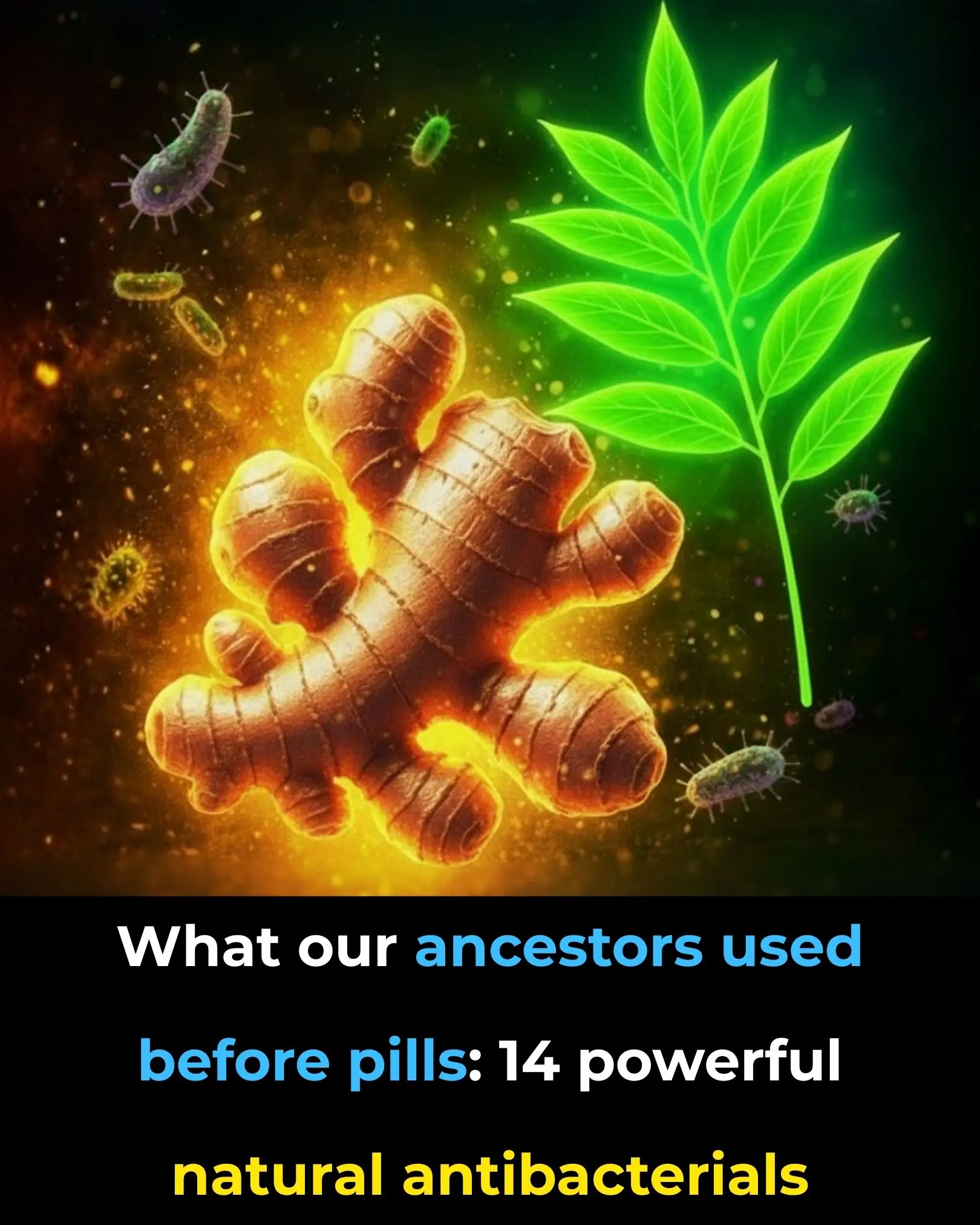
14 Best Natural Antibiotics Our Ancestors Used Instead of Pills
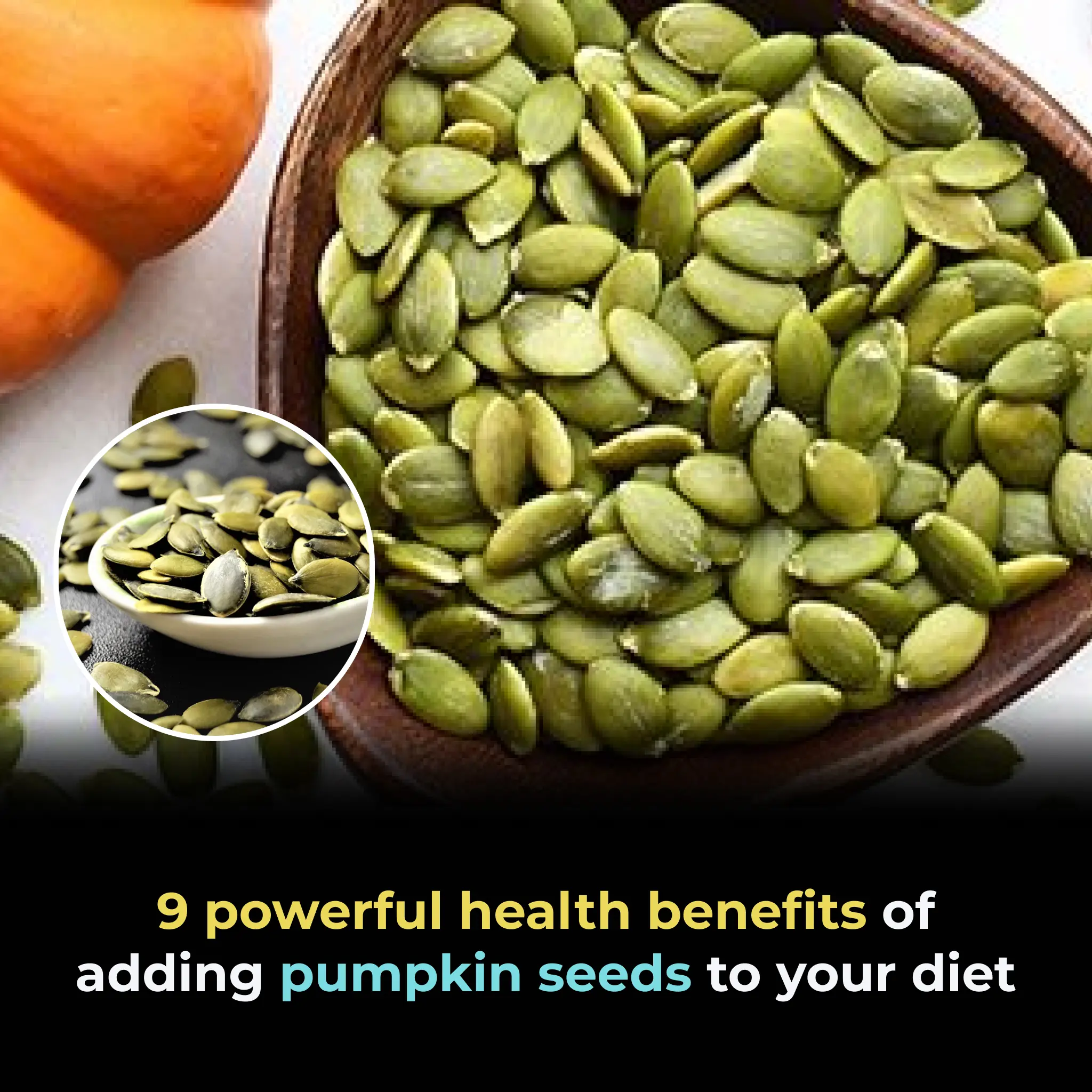
9 POWERFUL Health Benefits of Adding Pumpkin Seeds to Your Diet
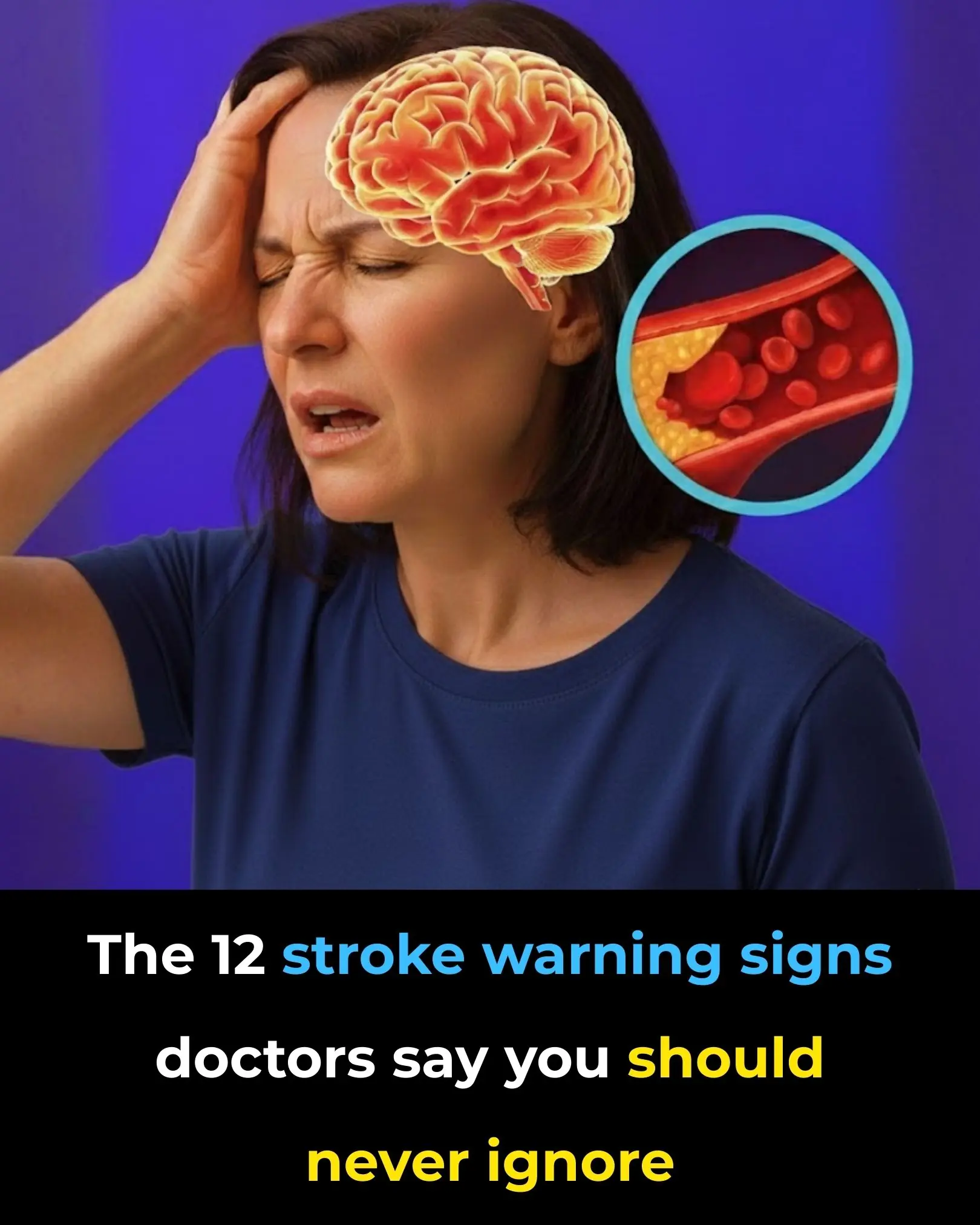
Knowing These 12 Symptoms of a Stroke Can Save Your Life
News Post

The Plant That Kills Cancer Cells, Stops Diabetes And Boosts Your Immune System!

How to treat nerve pain in the foot, toes & legs

Headache Above or Behind the Left Eye: Causes and Treatments

Eggs and Coffee: A Surprisingly Powerful Breakfast Combination

Boost Your Immune System Year-Round with Garlic, Onion, and Lemon

Fig Sap (Ficus carica): Uses, Benefits, and Safety Considerations

Billionaire Judy Faulkner, 82, Commits to Giving Away 99% of Her $7.8B Fortune

The Curious Story Behind "Ancient Lights" in UK Property Law

From Precarious to Prosperous: Denmark’s Approach to Entry-Level Jobs

California’s Solar-Canal Initiative: A Game-Changer for Clean Energy and Water Conservation

Nevada Teen Shows Extraordinary Love, Buys Mom a Chevrolet Metro

The Greenland Shark: A Creature That May Have Lived Through the 1600s

Steve Ballmer’s $170 Million Annual Commitment to Early Childhood Education in Washington State

Why Germany’s Animal Shelters Are Virtually “No‑Kill” — And How the Law Makes It So

Steven Pruitt and the Power of Volunteer Knowledge

Frisson: The Science and Sensation of Goosebumps from Music and Art

A Ride for Hope: How One Afghan Father Is Transforming His Daughters’ Future

When Life Begins With a Flash: Understanding the Zinc Spark Phenomenon
